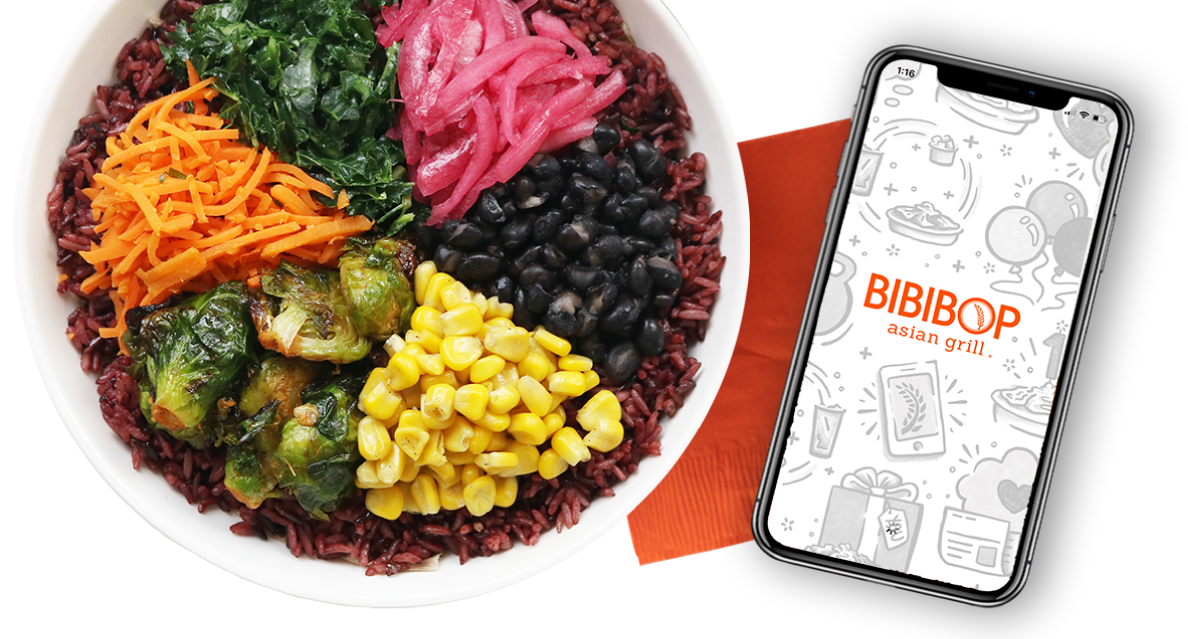When we discuss the diverse culinary world, Korean cuisine stands out with its bold flavors, vibrant colors, and age-old traditions. But like many other global cuisines, Korean food is often subjected to misconceptions and stereotypes. Breaking down these misconceptions can enhance our understanding and appreciation of Korean dishes. Here’s a deeper dive into debunking some of the common myths:
All Korean Food is SpicyWhile spicy dishes like kimchi and bulgogi are well-known outside Korea, the cuisine is incredibly diverse. Many dishes are mild and focus on the natural flavors of the ingredients. Examples include dishes like ‘japchae’ (stir-fried glass noodles) and ‘samgyetang’ (ginseng chicken soup). The beauty of Korean cuisine lies in its balance of flavors.
Kimchi is the Only Side Dish
Though kimchi is the most famous Korean side dish (banchan), Korean meals are often accompanied by multiple banchan, ranging from seasoned vegetables to fishcakes and everything in between. Banchan adds variety and complements the main dish, ensuring a balanced meal.
Korean Food is Just BBQ
While Korean BBQ, like galbi and samgyeopsal, is a popular and delightful experience, it’s just a fraction of what the cuisine has to offer. Soups, stews, rice dishes, and street foods like tteokbokki (spicy rice cakes) are equally integral to the Korean culinary landscape.
Eating Dog Meat is Commonplace
This is one of the most controversial misconceptions. While dog meat has historical roots in Korean culinary tradition, it’s not a staple and is becoming increasingly unpopular, especially among the younger generation. Efforts are ongoing in South Korea to ban the practice, reflecting a changing perspective on animal welfare.
Korean Food is Unhealthy
The use of fresh vegetables, lean meats, fermented foods, and minimal oils makes Korean cuisine one of the healthier options. Dishes like ‘bibimbap’ (rice mixed with vegetables) emphasize fresh ingredients. Plus, the fermented nature of many dishes, including kimchi, has probiotic benefits.
It’s Hard to Find Vegetarian or Vegan Korean Food
While many Korean dishes incorporate meat or seafood, there’s an array of vegetarian and vegan options. Dishes like ‘kongguksu’ (cold soybean soup) and various vegetable banchan can be enjoyed by vegetarians and vegans alike. With Buddhism’s historical presence in Korea, temple cuisine offers a rich array of vegetarian dishes.
Understanding the intricacies of Korean food means breaking free from the shackles of misconceptions. Every cuisine deserves to be appreciated in its depth and breadth, and Korean cuisine is no exception. By overcoming these misconceptions, we can approach Korean food with an open heart and a curious palate, ready to discover the true essence of its culinary treasures.



